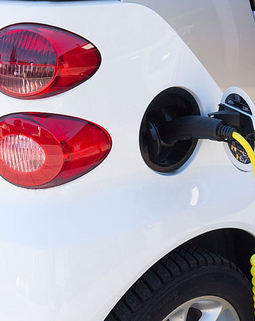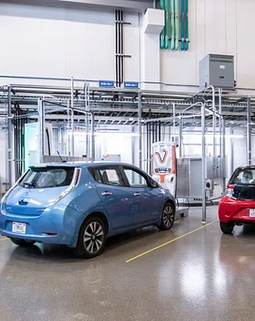Hyundai Motor India’s plan to open its first manufacturing plant in Nepal, in collaboration with the Laxmi Group, represents a significant milestone for the country's automotive sector. This review explores the details of this pioneering venture, emphasizing its impact on Hyundai's presence in Nepal and the development of the local automotive market.
Source Assembly Plant
Hyundai's Local Assembly Plant in Nepal:
Hyundai Motor India is expanding into Nepal by establishing the country's first local assembly plant, with an annual capacity of 5,000 units. Partnering with the Laxmi Group, this initiative marks a significant step towards local production and market growth. The new facility will assemble and sell Hyundai cars within Nepal, heralding a new era of automotive manufacturing in the region. This move is expected to boost local employment, reduce vehicle import costs, and enhance the availability of Hyundai vehicles, positioning the company for stronger market presence and growth in Nepal.
First Model to be Assembled:
The Hyundai Venue will be the initial model assembled at the new plant. Currently, Hyundai offers a range of SUVs in Nepal, including the Exter, Venue, Creta, Tucson, Santa Fe, and Palisade. The local assembly of the Venue is anticipated to increase Hyundai's production capacity and may result in lower prices for the model in the region, making it more affordable for consumers.
Employment Generation and Production Ramp-Up:
The inauguration of the assembly plant in Nepal marks a major achievement for Hyundai and presents a promising opportunity for job creation in the region. With an annual capacity of 5,000 units, the plant is poised to stimulate local economic development and strengthen Hyundai's manufacturing capabilities for its global models. Unsoo Kim, MD & CEO of HMIL, has expressed confidence in the plant's prospects and its beneficial effects on the local automotive industry.
Future Prospects and Market Impact:
The establishment of the local assembly plant in Nepal demonstrates Hyundai's dedication to expanding its local production and market reach. Through local assembly of the Venue, Hyundai seeks to reinforce its position in Nepal and meet the rising demand for its vehicles in the area. Anticipated price reductions and improved availability of Hyundai models in Nepal are likely to generate consumer interest and enhance Hyundai's market presence in the country.
Conclusion:
Hyundai Motor India's decision to set up a local assembly plant in Nepal represents a notable advancement in bolstering local manufacturing capacities and widening its influence in the region. Teaming up with the Laxmi Group highlights Hyundai's dedication to sustainability, innovation, and market expansion. As Nepal's automotive sector progresses through local manufacturing, Hyundai's endeavor establishes a model for future progress and fosters a dynamic and competitive automotive market in the country.





